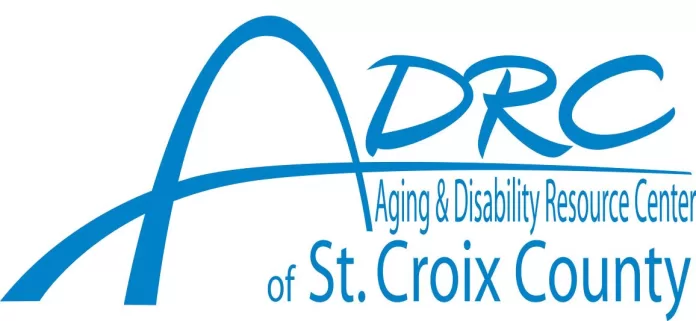Submitted by Adam Kastonek, St. Croix County
NEW RICHMOND, WI – The Aging and Disability Resource Center (ADRC) of St. Croix County is inviting residents to share their thoughts and ideas on how the ADRC can best support the residents of St. Croix County as they age. The information received will be used to update the ADRC’s Aging Plan for 2025-2027. Good health and quality of life are important to remaining as independent as possible. This initiative reflects the ADRC’s commitment to fostering an inclusive, supportive, and accessible environment for older adults in St. Croix County.
Participation is not only an opportunity to voice personal experiences and needs but also a chance to make a meaningful impact on the quality of life for older adults in our County.
“The best way to enhance our services and programs is by listening to those who rely on them the most. By inviting our community to share their experiences, challenges, and needs, we empower them to help shape the support and resources we offer. Our aim is to create a community where every individual feels supported, understood, and valued, and that starts with making sure their voices are part of the discussion,” said Kristin Newton, St. Croix County ADRC Administrator.
The ADRC is dedicated to listening to and learning from the people they serve. By coming together to share experiences and ideas, the community can build a stronger, more supportive environment for everyone as they age.
How to Participate – Residents can contribute by completing the survey online or mailing paper copies of the survey to the ADRC by Friday, May 24, 2024. • Online Survey: sccwi.gov/Aging-Plan-Survey • Paper Survey: Pick up a paper copy at the St. Croix County Services Center, Senior Centers, or Libraries.
Mail completed surveys to: ADRC of St. Croix County, 1752 Dorset Lane New Richmond WI 54017.
Aging & Disability Resource Center of St. Croix County – empowers and supports older adults, people who have a disability and their families by serving as a central source of information, assistance, support, and access to community resources.






